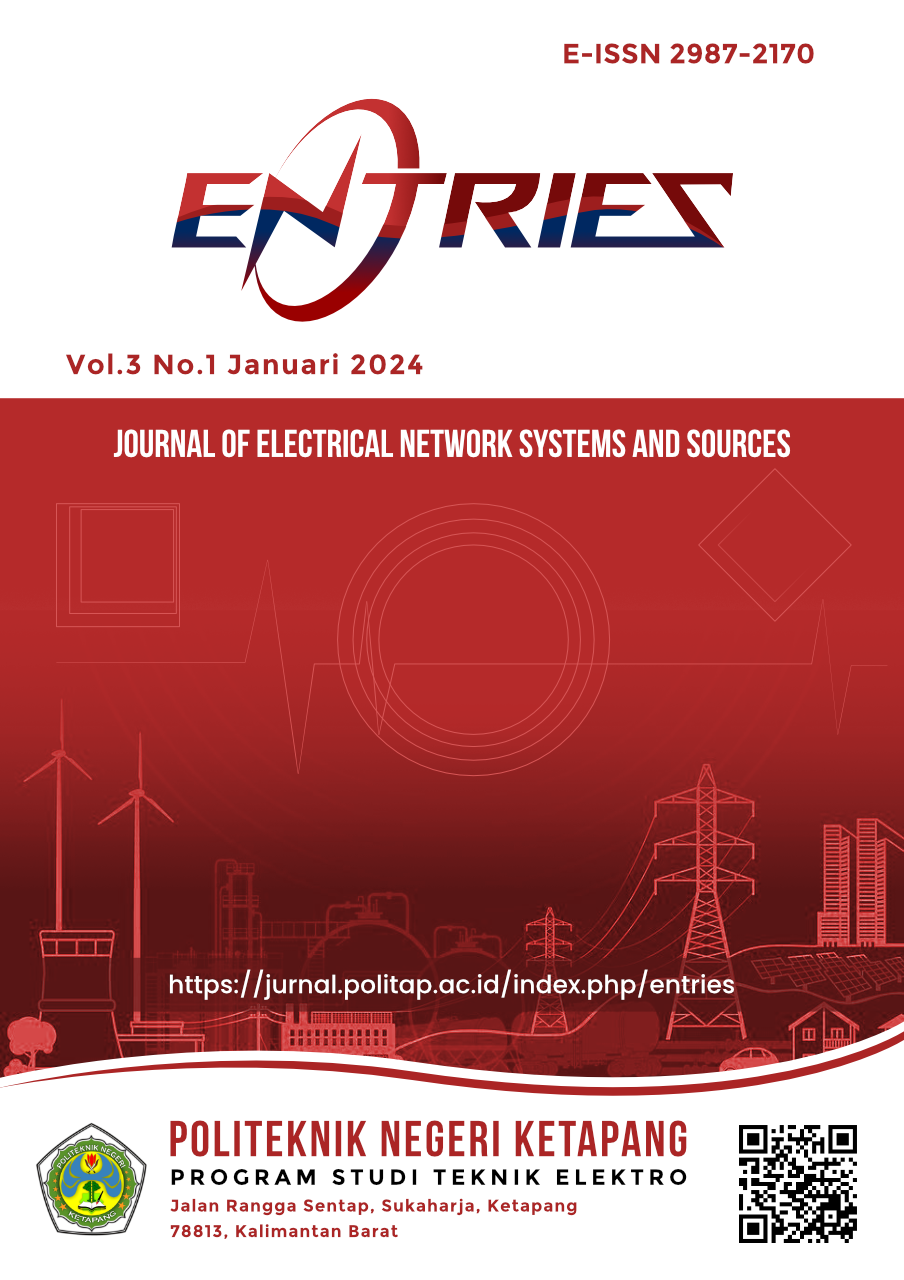DESIGN AND CONSTRUCTION OF A SELF CHARGING ELECTRIC BIKE USING A DC MOTOR AS AN ALTERNATOR ENERGY SOURCES
 https://doi.org/10.58466/entries.v3i1.1509
https://doi.org/10.58466/entries.v3i1.1509
Keywords:
Electric Bycicle, Baterai Energy, Motor BLDCAbstract
With the development of technology in two-wheeled motorized vehicles, especially in the drive or transmission system, which is currently dominated by automatic transmissions (Automatic Transmission), slowly, began to replace manual transmissions (Manual Transmission). In terms of motor driving, innovation in the use of alternative energy continues to develop, where the use of an internal combustion engine (BBM) will gradually be replaced by an electric motor as the main driver by utilizing a source of electrical energy stored in the battery.
Moving on from the above thought, the author tries to apply the workings of "DC Electric Motors as the Main Source of Bike Driving by Utilizing Battery Energy as an Energy Source", where this electric vehicle or bicycle can be used as an alternative vehicle for short distances, and is environmentally friendly, in an effort to create and Green Energy campaign.
In this research, real planning and planning will be carried out, starting from selecting the vehicle model, the type of motor and accumulator used, as well as the vehicle performance and budget planning, selecting the right electric motor based on function, which is a novelty of the technology that will be used. resulting from this research.
This electric vehicle is designed to carry a maximum load of 150 kg, with a motor power of 1000 watts 48 volts, a battery capacity of 48 volts 12 Ah, a discharge time of 0.25 minutes (full throtle) with a maximum speed of 60km / hour, or 17m / second. distance of 30 km / charge.
Utilization of battery energy as a source of propulsion energy that does not use alternative energy for fossil fuel use, uses environmentally friendly battery energy without air or noise pollution, so it strongly supports environmental protection.
References
. Wijaya Widjanarka Natasaputra, Suklis Sutriyatno, “Sepeda Motor Listrik Tenaga Matahari dengan Metode Wireless Energy Transfer”. URECOL, Vol 6, 2017.
. Dhimas Satria, Rina Lusiani, “Analisa Perhitungan Energi Listrik Pada Sepeda Listrik Hybrid”. Sintek Jurnal, Vol 11, No.1, Juni 2017.
. Widdyharto, “Sistem Sepeda Listrik Berbasis Mikrokontroler”. Fakultas MIPA, Prodi Fisika, Universitas Indonesia, 2010.
. Hanafi Gunawan, “Mesin dan Rangkaian Listrik”. Erlangga, 1993.
. Kiyokatsu Suga, Sularso, “ Dasar Perencanaan dan Pemilihan Elemen Mesin”. PT. Pradnya Paramita, 1997.
. Syamsir A. Muin, “ Dasar-dasar Perancangan Perkakas dan Mesin-mesin Perkakas”. CV. Rajawali, 1986.
. Gandhi Harahap, “Perencanaan Teknik Mesin”. Erlangga, 1995
. Anwari, Mohd. Rafe’i, “Bagian-bagian Mesin 3”. Departemen Pendidikan dan Kebudayaan, 1981.
. Sumanto, Ma, “Mesin Arus Searah”. Andi
Offset, 1991
. Fuad Zainuri1, Asep Apriana, dan Dedi Dwi
HaryadiSumanto, Optimalisasi Erancang
Bangun Mobil Listrik Sebuah Studi
Kendaraan Hemat Energi sebagai Bagian
Solusi Alternatif Krisis Energi Dunia,
Politeknologi Vol. 14 No. 13 September 2015








 This journal has been indexed by:
This journal has been indexed by: 

